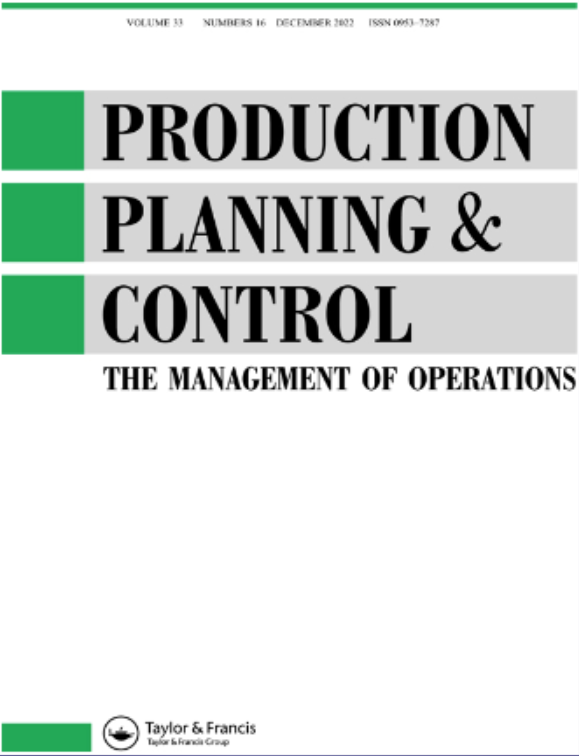How to assess investments in industry 4.0 technologies? A multiple-criteria framework for economic, financial, and sociotechnical factors
IF 5.4
3区 管理学
Q1 ENGINEERING, INDUSTRIAL
引用次数: 9
Abstract
Abstract Companies that want to adopt Industry 4.0 (I4.0) technologies may face difficulties evaluating the return on I4.0 investments. The complexity of implementing such technologies and uncertainties regarding the technological requirements, benefits, and organizational impacts make investment decisions challenging in this context. We propose an investment appraisal framework for I4.0 technologies adoption based on a multiple-criteria decision making (MCDM) approach. Using the Innovation Diffusion and Sociotechnical theories, we build a framework with three main stages (knowledge, persuasion, and decision) to guide practitioners through an analysis of I4.0 investments from three different perspectives: Economic, Financial, and Sociotechnical factors. We provide conceptual criteria for investment appraisal and a methodological approach to combine quantitative and qualitative data for the comparative assessment. We show an empirical application of this framework to assess ten I4.0 technology projects proposed in a multinational company. The application helps to illustrate the use of this tool. It brings new practical insights into how to organize I4.0 investment projects into the following categories: strategic or structuring, value-creating, and side investments. We also show the need to include several qualitative requirements and benefits in the technology evaluation to obtain a more robust view of Industry 4.0 investment priorities.如何评估对工业4.0技术的投资?经济、金融和社会技术因素的多重标准框架
本文章由计算机程序翻译,如有差异,请以英文原文为准。
求助全文
约1分钟内获得全文
求助全文
来源期刊

Production Planning & Control
管理科学-工程:工业
CiteScore
19.30
自引率
9.60%
发文量
72
审稿时长
6-12 weeks
期刊介绍:
Production Planning & Control is an international journal that focuses on research papers concerning operations management across industries. It emphasizes research originating from industrial needs that can provide guidance to managers and future researchers. Papers accepted by "Production Planning & Control" should address emerging industrial needs, clearly outlining the nature of the industrial problem. Any suitable research methods may be employed, and each paper should justify the method used. Case studies illustrating international significance are encouraged. Authors are encouraged to relate their work to existing knowledge in the field, particularly regarding its implications for management practice and future research agendas.
 求助内容:
求助内容: 应助结果提醒方式:
应助结果提醒方式:


